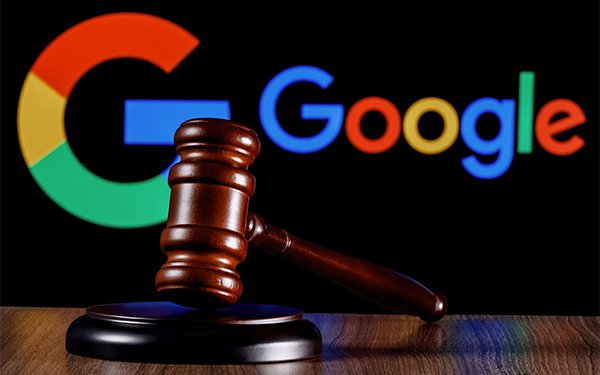
Smartphone users are fighting Google's bid to
scrap a jury verdict requiring the company to pay $425 million for allegedly gathering analytics data from people who had attempted to block data collection.
In papers filed
this week with U.S. District Court Judge Richard Seeborg in San Francisco, counsel for the mobile users argues that the verdict was supported by evidence that Google "invaded the privacy rights of all
class members."
The new papers come in a five-year battle over Google Analytics for Firebase --
a tool that can collect data about people's app usage.
Mobile users including Anibal Rodriguez alleged in a class-action complaint that Google uses its Firebase code collect
some app-related data even when users toggle off a "Web & App Activity" setting.
advertisement
advertisement
In September a jury determined after trial that Google was liable for two related privacy claims, and assessed damages at $425 million. Both claims
required the jury to find that mobile users had a reasonable expectation of privacy in the data, and that Google engaged in "highly offensive" conduct.
Google recently
petitioned Seeborg to vacate that verdict, arguing that the case should not have proceeded as a class-action. The company specifically says privacy claims require a person-by-person analysis.
"Every element of the privacy claims advanced by plaintiffs calls for individual -- not common -- inquiry," the company argued, adding that the plaintiffs didn't prove that every class
member had a "reasonable expectation" of privacy in the data.
"The jury trial in this case confirms why privacy claims are ill-suited for class-wide resolution," Google
contended.
But counsel for the plaintiffs countered this week that the claims hinged on Google's statements to users, and its condut -- inluding its "failure to provide any
option for users to avoid having their app activity data collected."
The plaintiffs recently filed a separate motion asking Seeborg to order Google to disgorge profits, and to
issue an injunction prohibiting the company from collecting and saving data from users who turned off the Web & App Activity setting, and requiring Google to delete data previously collected and
destroy any algorithms or services created by using it.
Google this week opposed both requests. Among other arguments, the says the proposed injunction is "wildly
disproportionate, technically infeasible, and contrary to the public interest."
The company says "millions" of app developers rely on the Firebase analytics data, and that it
has already revised its Web & App Activity disclosures. Google also says its system is "specifically designed to protect user privacy," and that it stores app-related data in "pseudonymous,
de-identified logs" if users have turned off the Web & App Activity setting.
Seeborg hasn't yet indicated when he will issue a ruling.